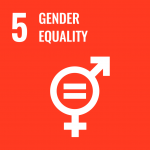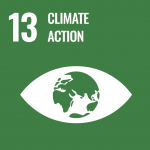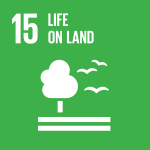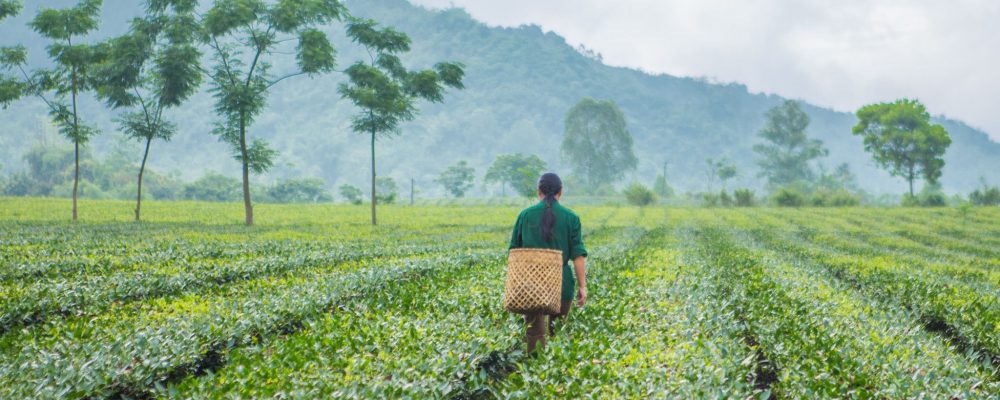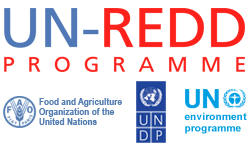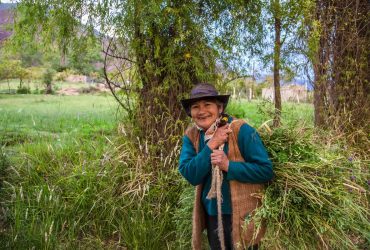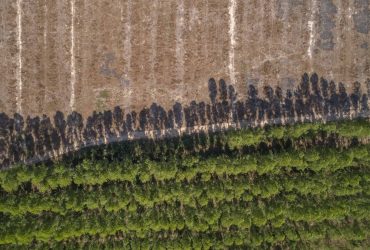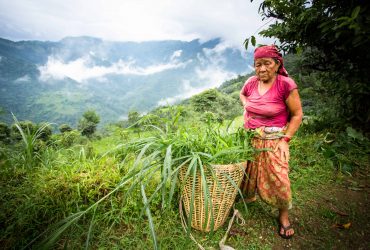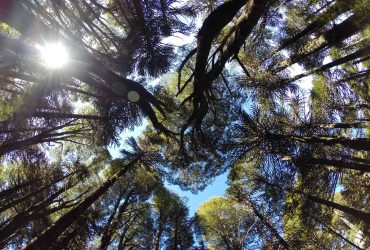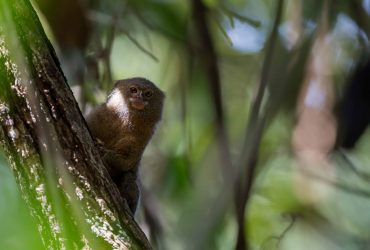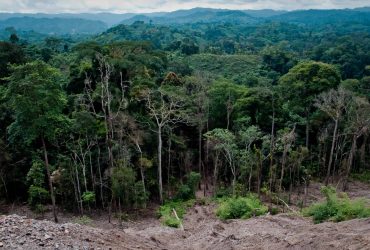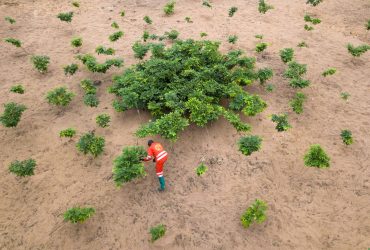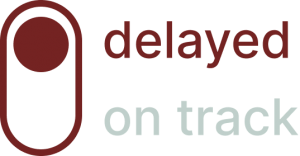


Forest Solutions Realized: With support from the UN-REDD Programme, the testing of the National REDD+ Action Programme (NRAP) monitoring application continued, though progress was slow. The country is undergoing an important restructuring of government institutions across the forestry sector; the continuation, modality and thematic focus of the UN-REDD TA for future years should be reconsidered once the restructuring is complete.
Under carbon accounting, some important gaps were filled, including the development of consistent time series of land use maps and the tracking of conversion areas from natural forests to plantations. Both required Viet Nam to register its LEAF jurisdictional project under the TREES Standard 2.0. The study, “Identifying approaches for promoting forest-friendly supply chains particularly with smallholders and SMEs engagement,” delivered various recommendations, including the differentiated roles of forests with certification for large-diameter timber supply chains, as well as short-rotation plantations for the woodchip industry. The study demonstrated how in the Central Annamite region, local governments played a key role in facilitating smallholder access and engagement in forest certification. Importantly, the study acted as an opportunity for plantation sector stakeholders in the region to reflect on a sustainable pathway for their currently lucrative industry, highlighting the anticipated challenges and potential opportunities with view to the EU’s deforestation-free regulation.
Building on the ART-TREES safeguards analysis completed in late 2021, terms of reference were developed for further support to close identified gaps, and complementary work related to assessing and updating the national SIS is underway through the UN-REDD Lower Mekong Initiative. In addition, a draft monitoring plan template reflecting ART-TREES requirements was prepared, for finalization in early 2023.
The above developments from the UN-REDD Technical Assistance to Viet Nam are complementary to the achievements made in Viet Nam through the UN-REDD Lower Mekong Initiative on supporting the strengthening of socio-environmental information systems and national institutions for a national forest certification system, namely the Viet Nam Forest Certification System (VFCS).
Forest Solutions Rewarded: Viet Nam submitted a proposal for jurisdictional emissions reductions targets to the LEAF coalition, which was approved in 2021 and was followed by a letter of intent. In 2022, the country progressed modestly towards an ART-TREES registration of Viet Nam’s jurisdictional proposal which was accepted by the LEAF Coalition. The government’s commitment to pursuing ART-TREES registration is apparent from the MoU signed between the government and Emergent, aiming to sign an ERPA by October, 2023.
Forest Solutions Enhanced: Viet Nam submitted an updated Nationally Determined Contribution (NDC) in November, 2022, which, notably, includes raising emissions reductions targets from 9 to 15.8 percent (unconditional) and from 27 to 43.5 percent (conditional) across all sectors, including LULUCF. In parallel to the process to update the NDC, UN-REDD facilitated discussions with the Ministry of Finance and the Ministry of Natural Resources and Environment (MONRE), which is mandated to oversee the NDC, and VNFOREST to identify opportunities to finance the implementation of its NDC targets through, among others, international cooperative approaches under Article 6.
The UN-REDD Programme experienced challenges in operationalizing its support in Viet Nam due to, in large part, uncertainty surrounding the restructuring of the government’s forestry sector institutions, as well as the resulting hesitation of personnel to take defining action. In 2022, the government dismantled the Viet Nam Administration of Forestry (VNFOREST). This was followed by the establishment of two forestry-related departments, the Department of Forestry and the Forest Protection Department. Personnel are currently being appointed to new positions, and this is expected to address current obstacles.
Further delay, which is now mostly addressed, resulted in the processing of the UN-REDD TA for government approval. As indicated in the 2021 UN-REDD Annual Report, the Government of Viet Nam’s new Official Development Assistance (ODA) regulations have specific requirements for project start-up, with complex administrative requirements.
With the new departments and ongoing re-structuring, it is anticipated that personnel for institutions, including the formerly established task force for negotiating the LEAF ERPA (including technical work on ART-TREES registration) will need to be re-appointed.
To better coordinate with the government on the above-mentioned, country-specific circumstances, a national coordinator position was established and filled within the FAO country office.
A study was conducted focusing specifically on approaches to engage smallholders and SMEs in forest-friendly supply chains, identifying the gaps and corresponding efforts that can be taken to more effectively engage these often-marginalized groups. Linking to the findings of this study, under the UN-REDD Lower Mekong Initiative, efforts in 2022 directly invested in the piloting of guidelines tailored for smallholders in Viet Nam, for both certified supply chains, as well as controlled sources (not including controversial sources) of timber.
UN-REDD is providing support to the government, ensuring the government widely consults stakeholders, including REDD+ partners. This has been particularly important in the efforts related to the LEAF jurisdictional proposal. UN-REDD is working in coordination with JICA, the main provider of technical support in REDD+ and the agency proposed to take on the accredited agency role under the GCF Results-based Payment. UN-REDD is also working in coordination with SilvaCarbon and the US Forestry Service, which are both active in supporting the government on the LEAF jurisdictional project.
UN-REDD continues to coordinate with partners under the EU-funded project for the Central Highlands.
Various more country-based and regional partnerships were cultivated relating to work in Viet Nam, through the UN-REDD Lower Mekong Initiative (see dedicated section on the Lower Mekong Initiative.)
Viet Nam is a partner in the NDC support programme and the partnership for the 2030 Agenda. Results from the programme are expected to contribute to the achievement of the country’s objectives in relation to SDGs 5, 13 and 15, among others.
All other efforts under UN-REDD Technical Assistance contribute to SDGs 13 and 15.
